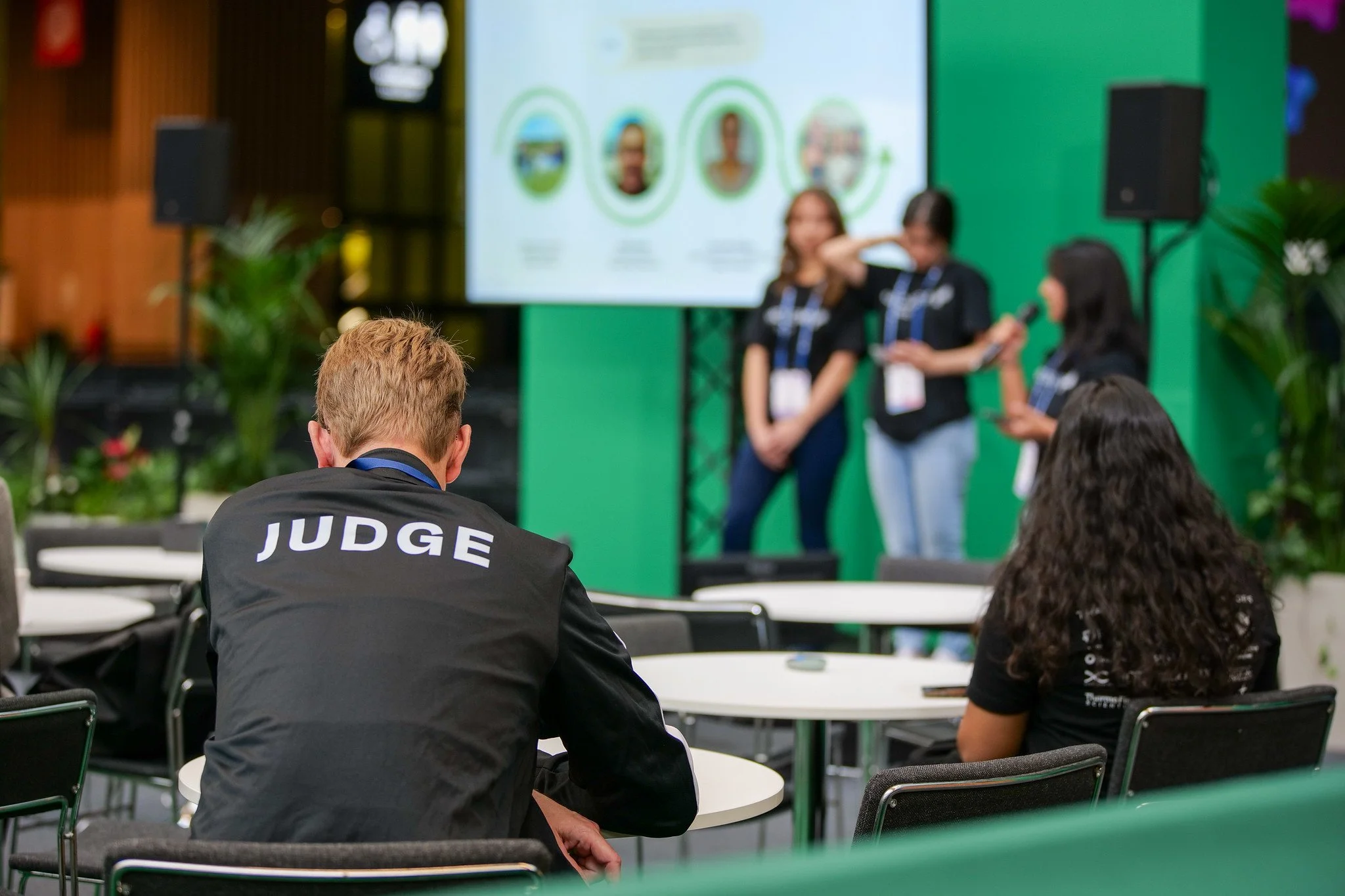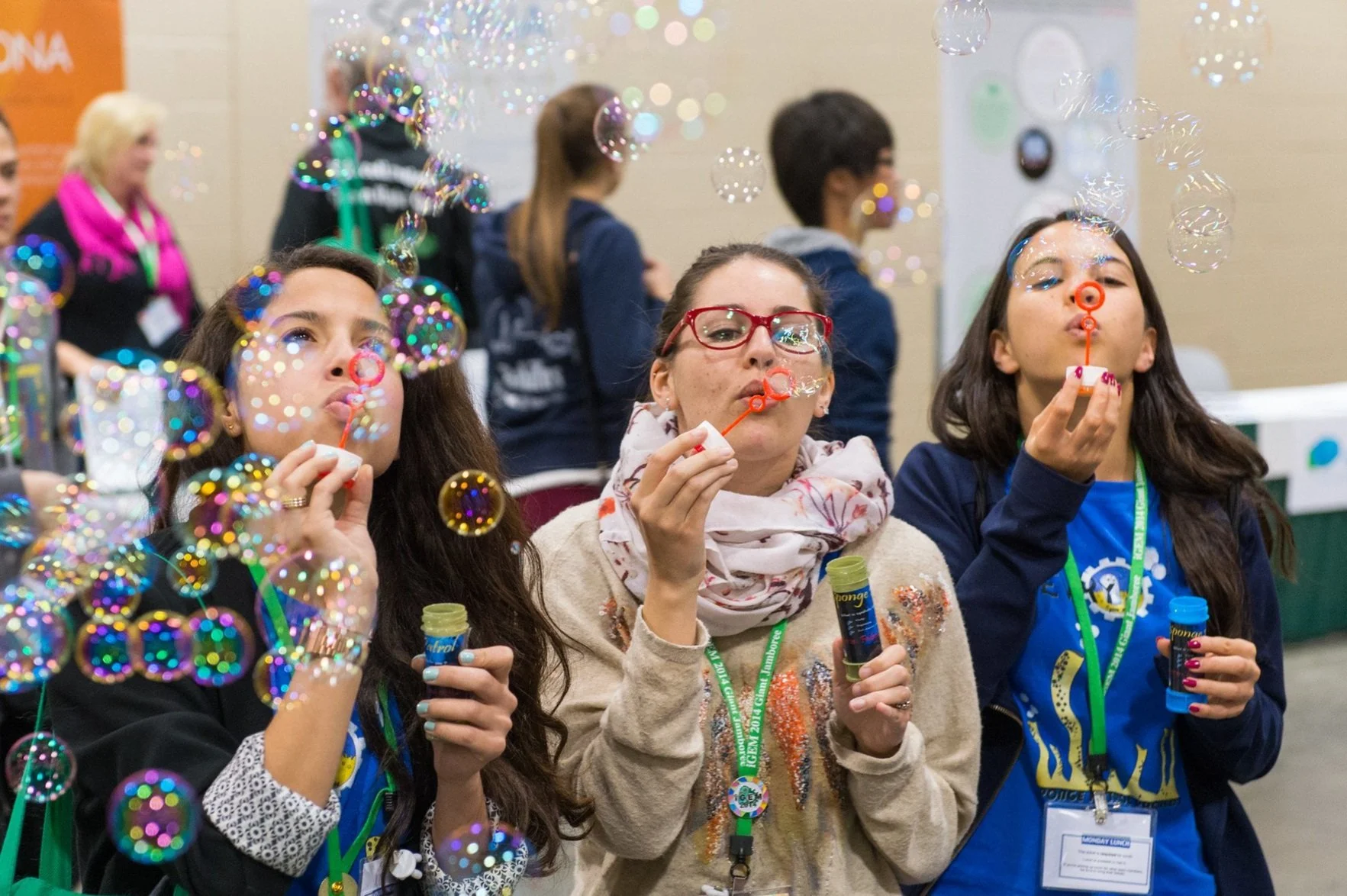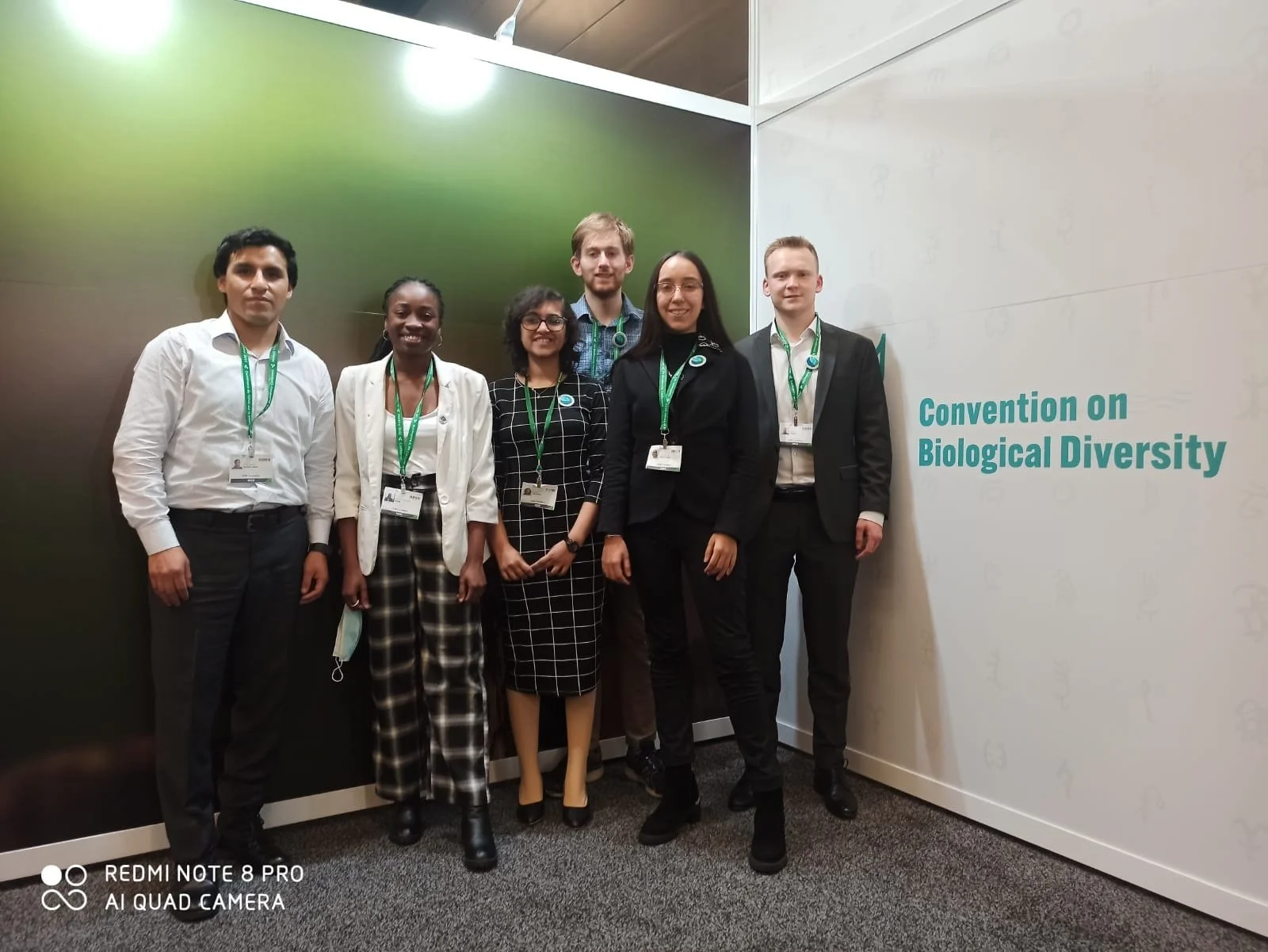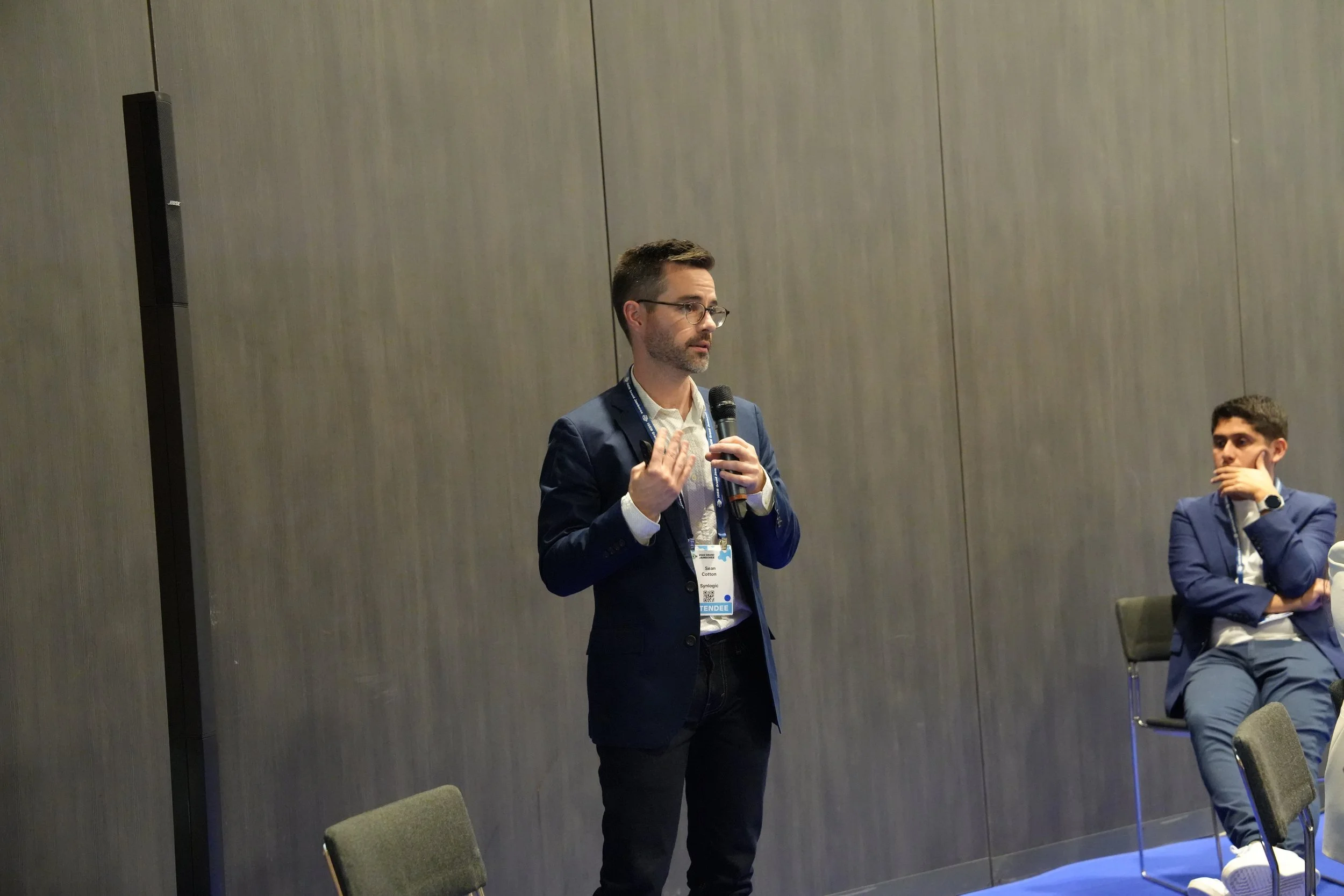Hardware, Software, Wetware – all are encompassed within the Design-Build-Test-Learn cycle of synthetic biology. In honor of 20 years of iGEM, we’d like to feature the Hardware developed by iGEM teams.
Welcome!
This blog is where we share stories, announcements, and insights from around the iGEM community.





















